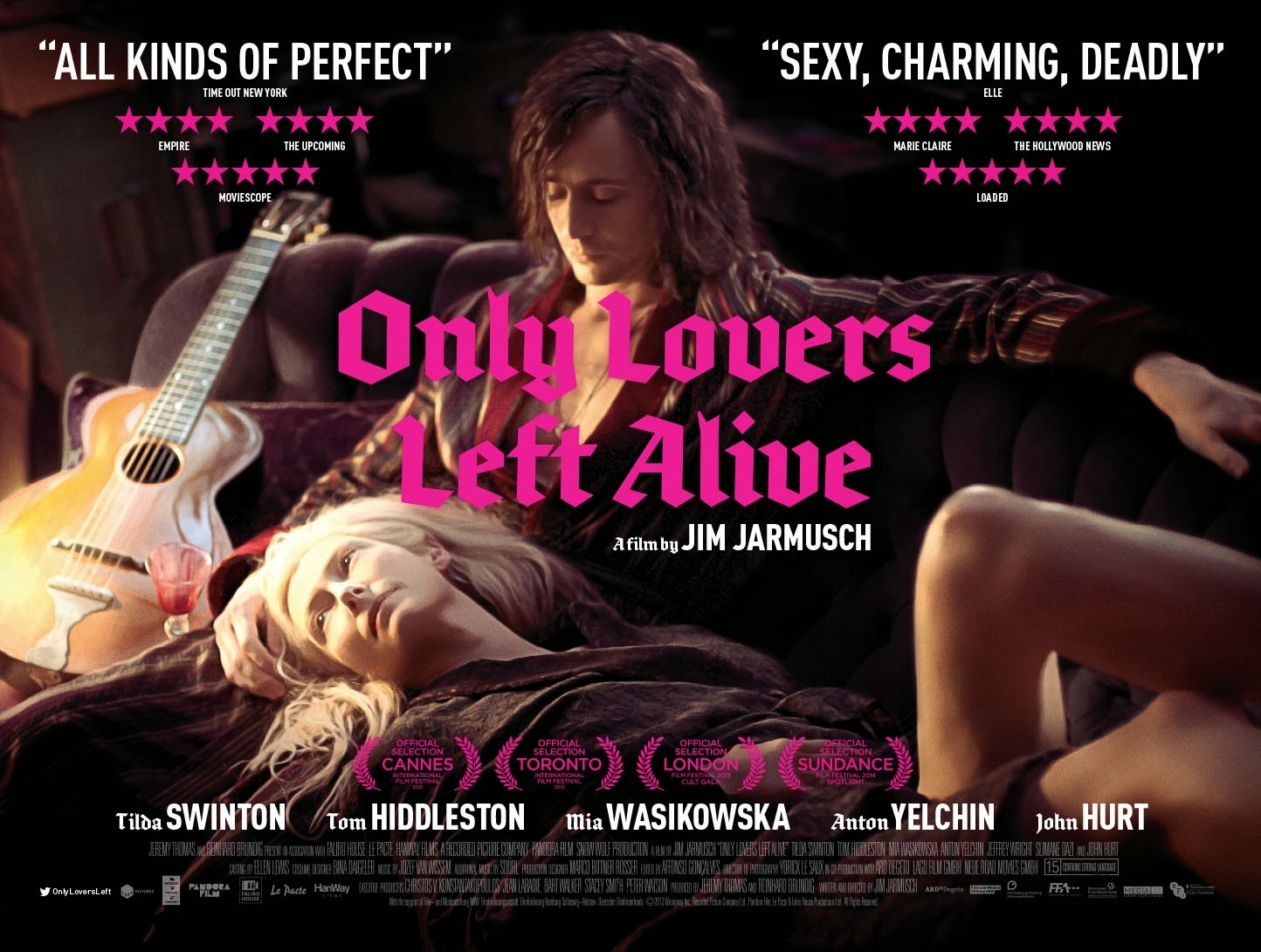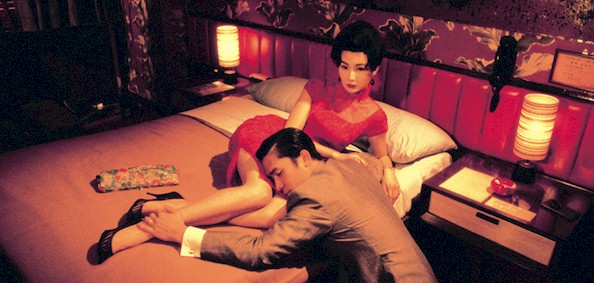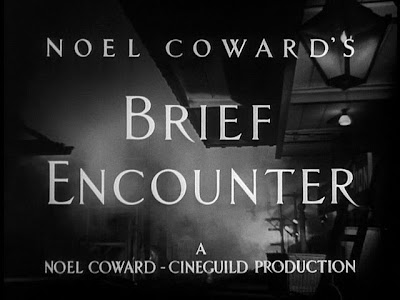Love Letter
Howdy, in case the poster isn't clear enough, I saw Only Lovers Left Alive (Jim Jarmusch, 2013) recently and being who I am, I now feel oddly compelled to talk at you about it. I'll shout **SPOILERS** at this point but I'm going to have to add that if anything spoils this film for you then we probably wouldn't get on very well if we were to meet at say a fashion show, harvest festival or even in a pub.
The film was directed by Jim Jarmusch. Jim Jarmusch is a dude. He is effortlessly cool and so are his films: Down by Law (1986), Mystery Train (1989), Ghost Dog: Way of the Samurai (1999), The Limits of Control (2009), and the rest drip and ooze cool, although cool generally isn't the best way to describe things that drip or ooze. That said, it would be a mistake to think that his films are superficial. They can meander, they can be sharp, they can digress, they can be powerful and they can be flippant; they are like thoughts. Jim Jarmusch might be described as a hipster, but he's an intellectual hipster and he uses film to ponder, rather than tell stories. He creates a mood and atmosphere that hangs in the air, nodding gently and slowly, while purposefully putting on a pair of shades. He forgoes narrative drives for journeys, he avoids exposition by having his characters have conversations and tell stories that connect through theme rather than progression. He references pulp fiction and kitsch as well as, arguably better than, Tarantino, and literature as well as Godard; I think he is the kind of filmmaker that Quentin Tarantino would love to be.
Anyhee, his latest offering is as cool as anything he has done before and just as full of references, but his take on the vampire is a little different from the norm. Vampires are often symbolically romantic creatures dependant on blood; the very essence of life. They are also generally portrayed in an elegant fashion, sipping blood as opposed to ripping out the throat like say the feral, uncontrollable werewolf, or tearing at the flesh like the mindless zombie. Jarmusch's version retains the elegance and the romance (and the cool obviously) and the need for blood, but their blood lust is secondary to their desire for a quality of life; blood only sustains them, it is knowledge that nourishes them.
The thing is that vampires live for a very long time.
That's the gist, maybe even the synopsis. The vampires are the focus, but unusually it is not humans that are the enemy per se, it is ignorance that is the villain. Mere mortals are referred to as zombies and, as I described them earlier, it is only their ignorance or inexperience that Adam seems to despise, there is no physical superiority claim as in Blade (Stephen Norrington, 1998) or whatever, there is no battle to eradicate either species or dominate the earth. The vampires here, except for the young and the over eager, don't even kill. They procure their blood from hospitals - places that generally strive to preserve life. Vampires have always been the most elegant of the classic monsters and, arguably, zombies the least, I think that's the main point of characterisation here. Our characters, through their long lives, have developed a particular way of life and a very particular standard of life. They have refined their tastes and are now snobs, Adam is at any rate. They only dine on 'the good stuff', whether physical or mental.
That said, the film doesn't necessarily look at life the way Adam does, it doesn't despise or fear the modern. It doesn't demonise youth and at the end of the film there is an image of hope for our jaded protagonist, as Adam is apparently moved by the music of a young woman. This then moves to what is perhaps a final image of snobs falling foul of their hubris. If you don't move forward you die. You don't have to agree with everything but it is maybe a good thing
to remain open to it all.
But maybe it just isn't. I dunno.
I think this film is a forward looking love letter to the past.
I loved this film. J








Comments
Post a Comment